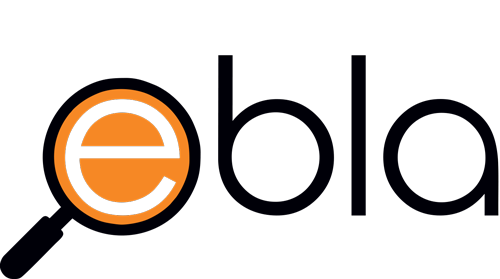Body language plays a crucial role in communication, often conveying more than words alone. During job interviews, your body language can greatly influence the impression you make on the interviewer and affect your chances of success. From your posture to your facial expressions, every aspect of your body language sends a message to the interviewer. In this article, we’ll explore the importance of body language in interviews and share key tips for using it to your advantage.
The Importance of Body Language in Interviews
In a job interview, your body language communicates important information about your confidence, professionalism, and personality. Employers often pay close attention to non-verbal cues to assess your suitability for the role and evaluate your interpersonal skills. Positive body language can convey enthusiasm, engagement, and trustworthiness, while negative body language can signal nervousness, insecurity, or disinterest. By mastering your body language, you can project confidence and professionalism, making a positive impression on the interviewer.
Key Body Language Tips for Successful Interviews
- Maintain Good Posture: Sit up straight and maintain good posture throughout the interview. Avoid slouching or leaning back in your chair, as this can convey laziness or disengagement. Instead, sit with your back straight, shoulders back, and feet flat on the ground to project confidence and attentiveness.
- Make Eye Contact: Eye contact is a powerful form of non-verbal communication that conveys confidence, sincerity, and trustworthiness. Make eye contact with the interviewer during the conversation, but be careful not to stare, as this can come across as aggressive or confrontational. Instead, maintain natural and relaxed eye contact to build rapport and convey interest in the discussion.
- Smile Naturally: A genuine smile can go a long way in creating a positive impression during an interview. Smile naturally and warmly throughout the conversation to convey friendliness, approachability, and enthusiasm for the opportunity. Avoid forcing a smile or smiling excessively, as this can appear insincere or disingenuous.
- Use Open Body Language: Open body language conveys confidence, openness, and receptiveness. Avoid crossing your arms or legs, as this can signal defensiveness or resistance. Instead, keep your arms relaxed at your sides or rest them gently on the armrests of your chair. Maintain an open posture with your body facing towards the interviewer to signal attentiveness and engagement.
- Mirror the Interviewer’s Body Language: Mirroring is a technique that involves subtly matching the interviewer’s body language to establish rapport and build a connection. Pay attention to the interviewer’s posture, gestures, and facial expressions, and adjust your own body language accordingly. Mirroring can help create a sense of familiarity and trust between you and the interviewer, making the conversation more comfortable and enjoyable.
- Gesture Naturally: Gesturing can enhance your communication and expressiveness during an interview. Use natural and subtle gestures to emphasize key points, illustrate your ideas, and convey enthusiasm. Avoid excessive or distracting gestures, as these can detract from your message and make you appear nervous or unprofessional.
- Mind Your Hands: Be mindful of what you do with your hands during the interview. Avoid fidgeting, playing with objects, or touching your face, as these behaviors can signal nervousness or insecurity. Instead, keep your hands relaxed and use purposeful gestures to reinforce your verbal communication.
- Control Your Facial Expressions: Your facial expressions can reveal a lot about your emotions and attitude during an interview. Maintain a pleasant and engaged expression throughout the conversation, and avoid expressions that convey boredom, frustration, or discomfort. Practice maintaining a neutral or positive facial expression, even when discussing challenging topics or answering difficult questions.
- Pay Attention to Your Voice Tone and Volume: In addition to your body language, your voice tone and volume also play a crucial role in communication. Speak clearly and confidently, and modulate your tone and volume to convey enthusiasm, sincerity, and professionalism. Avoid speaking too softly or too loudly, as this can be distracting or difficult for the interviewer to follow.
- Practice Relaxation Techniques: Finally, if you’re prone to nervousness or anxiety during interviews, practice relaxation techniques to help calm your nerves and maintain composure. Take deep breaths, visualize success, and focus on positive affirmations to reduce tension and anxiety. Remember to pace yourself and take breaks if needed to collect your thoughts and regain your composure.
Conclusion
Mastering body language is essential for success in job interviews. By paying attention to your posture, eye contact, facial expressions, and gestures, you can convey confidence, professionalism, and enthusiasm to the interviewer. Practice these body language tips before your next interview to make a positive impression and increase your chances of landing the job. With the right body language, you can communicate effectively, build rapport with the interviewer, and showcase your qualifications and abilities with confidence.

